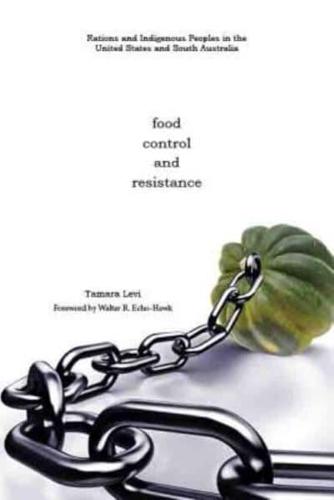Publisher's Synopsis
An essential component of every culture, food offers up much more than mere sustenance. Food is also important in religion, ceremony, celebration, and cultural knowledge and transmission. Colonial governments were well aware of the cultural importance of food. In the nineteenth and twentieth centuries, governments manipulated rations in attempts to control indigenous movement, induce culture change and assimilation, decrease indigenous independence, and increase dependence on provided goods. However, indigenous peoples often frustrated these plans by taking rations for their own reasons and with their own cultural interpretations of the process.
Tamara Levi uses four case studies to examine food rationing policies, practices, and results in the United States and South Australia. She looks at government rationing among the Pawnees and Osages in Nebraska and Indian Territory and among the Moorundie Aborigines and Ngarrindjeris at Point McLeay in South Australia during the mid and late nineteenth century. She highlights similarities in the use of food rations by two settler societies. She also explores how differences in environment, indigenous and colonial populations, and overall indigenous policies impacted the rationales for and implementation of food rationing as a tool for forced acculturation.












